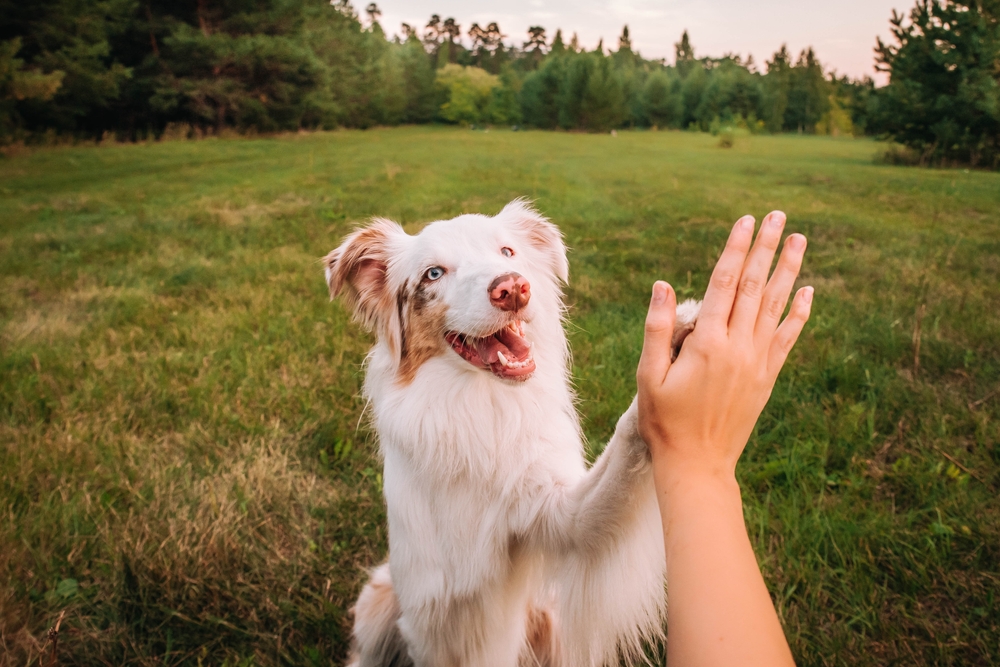Dogs have long been seen as loyal companions who love their humans unconditionally. But new research is adding nuance to that belief. A recent behavioral study suggests female dogs may be more sensitive than males when assessing human competence. While both genders form strong bonds, female dogs appear to pay closer attention to human behavior, particularly when evaluating who is capable or helpful. This challenges assumptions that dogs only react to tone or reward and hints at a more complex cognitive process.
What the Research Actually Found

A 2022 study from Kyoto University explored how dogs respond to human behavior in cooperative settings. In the experiment, 30 pet dogs watched two unfamiliar people attempt to open a food container. One succeeded, while the other failed. The dogs were then offered food by both individuals. Female dogs were significantly more likely to look longer at and approach the competent person, while male dogs showed no clear preference. This indicates female dogs may be better at recognizing and favoring competence in humans based on observed actions.
How Female Dogs React to Competence
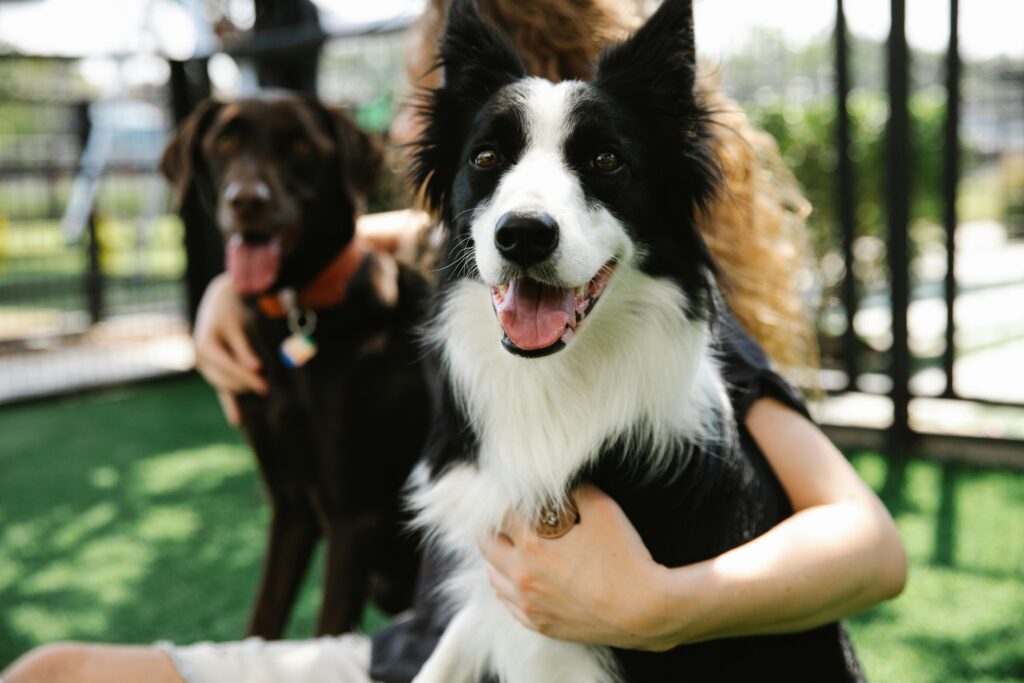
This behavioral difference was not based on direct interaction but on third-party observation. Female dogs did not receive any reward or punishment during the demonstration. Their preferences appeared to result purely from watching the scenario. Researchers believe this shows that female dogs are more attuned to evaluating others through observation, not just personal experience. This form of social learning could have evolutionary advantages, especially in pack dynamics or maternal care.
Evolutionary Theories Behind the Behavior
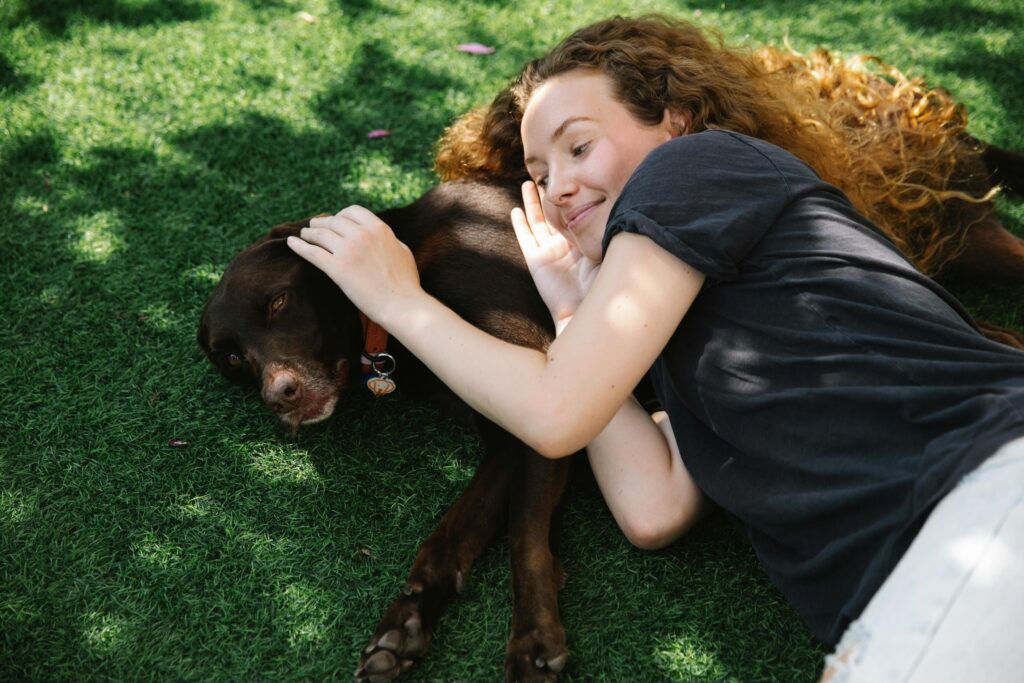
One possible explanation is rooted in the evolutionary roles of female animals. In many species, females are primary caregivers and must be highly responsive to social cues and environmental risks. This vigilance may extend to social awareness in domesticated settings. Being able to assess which humans are helpful or competent could aid in navigating complex social environments, especially for dependent offspring. The fact that this skill appears more developed in female dogs supports broader patterns seen in animal cognition.
Read More: 10 Dog Breeds Known for Self-Awareness and Unshakable Loyalty
Judging vs Observing: Clarifying the Findings
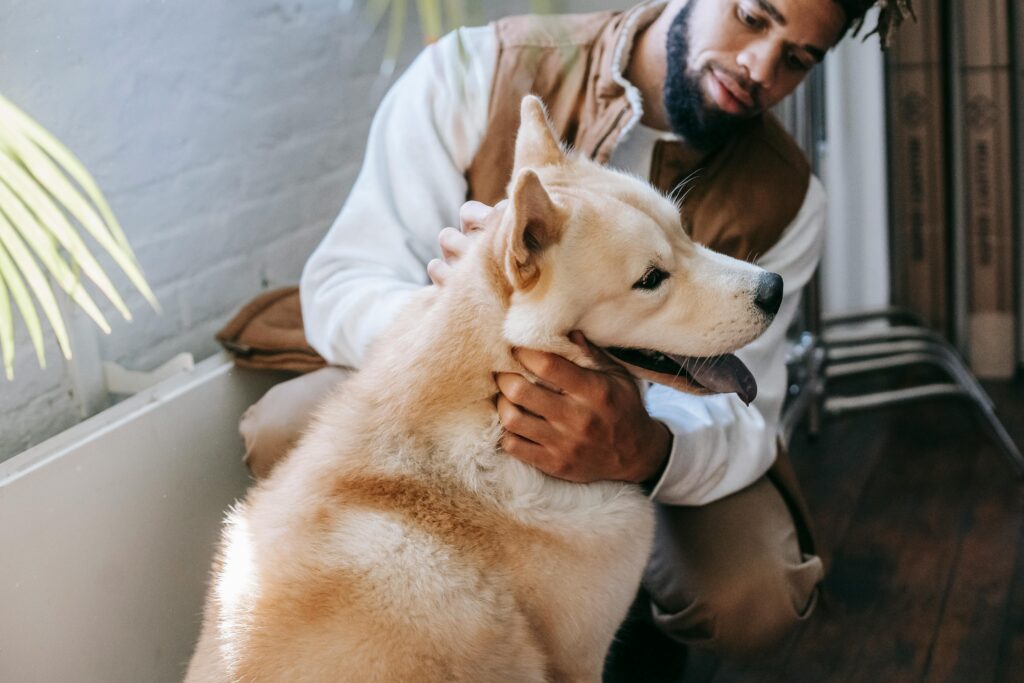
Although media headlines may say female dogs “judge” humans, the study actually measured approach and attentional behavior. The term “judge” should be interpreted cautiously. The dogs were not assigning moral value or making emotional assessments. Instead, they demonstrated a behavioral preference based on observed competence. It is a sign of social evaluation, not moral reasoning. The female dogs watched, processed, and acted on what they saw. That alone indicates an advanced level of cognition.
Male Dogs Respond Differently

Male dogs in the study did not show a consistent preference for the competent or incompetent individual. This does not imply that male dogs are less intelligent. Instead, it may suggest they rely more on different types of cues, such as direct interaction, voice tone, or reward-based signals. Their social learning could be more dependent on firsthand experience. It also raises questions about how hormones or brain structure influence information processing across dog genders.
Does This Mean Female Dogs Are Smarter?

Not necessarily. Intelligence in dogs is multi-faceted. While female dogs in this study showed better observational judgment, male dogs may excel in other areas like spatial awareness or object tracking. Breed, age, and training play major roles as well. This study adds to the growing evidence that male and female dogs might process social information differently. Rather than smarter or better, it is more accurate to say they are differently equipped.
Implications for Dog Training and Socialization

Understanding that female dogs may be more responsive to observed competence can influence training strategies. For example, using modeling behavior or having other people perform tasks around them may be more effective for training female dogs. They may be quicker to learn by watching others rather than only through direct instruction. This aligns with broader observations in canine behavior, where female dogs often appear more emotionally responsive and socially attentive.
Can Female Dogs Detect Emotions Better?

While the Kyoto study focused on competence, other research supports the idea that dogs, in general, can recognize human emotions. Facial expressions, tone of voice, and body posture all contribute to how dogs read their humans. Female dogs may show heightened sensitivity in this area, though further studies are needed. Anecdotal reports often describe female dogs as more nurturing or in tune with their owner’s moods, but scientific consensus is still forming on this topic.
What Dog Owners Should Know

If you have a female dog, it may be worth noting how she observes and reacts to people in her environment. She may watch more closely when others interact with you, and she might form preferences based on those observations. This does not mean she is judging people in a human sense, but it does mean she is paying attention and using that information to guide her actions. Reinforcing fairness, consistency, and cooperative behavior around female dogs can help strengthen their trust and connection with humans.
Broader Ethical Considerations

Recognizing the capacity for social evaluation in dogs also raises ethical questions about how we treat them. If dogs, and especially female dogs, are capable of nuanced observation and behavior-based preference, then they are not passive companions. They are active participants in their environments, with the ability to choose who they trust and why. This places greater responsibility on humans to behave ethically and respectfully in the presence of animals.
Why Further Research Is Needed

While the results are compelling, this study was relatively small in scope. Only 30 dogs were tested, and all were pets, which introduces variables like breed, home environment, and past training. More expansive studies across various dog types and contexts are necessary to validate and expand these findings. Future research might examine hormonal factors, breed-specific tendencies, or the influence of spaying and neutering on observational learning.
Read More: 8 Dog Breeds That Help Ease Anxiety and Boost Mental Health
Female Dogs and Social Evaluation
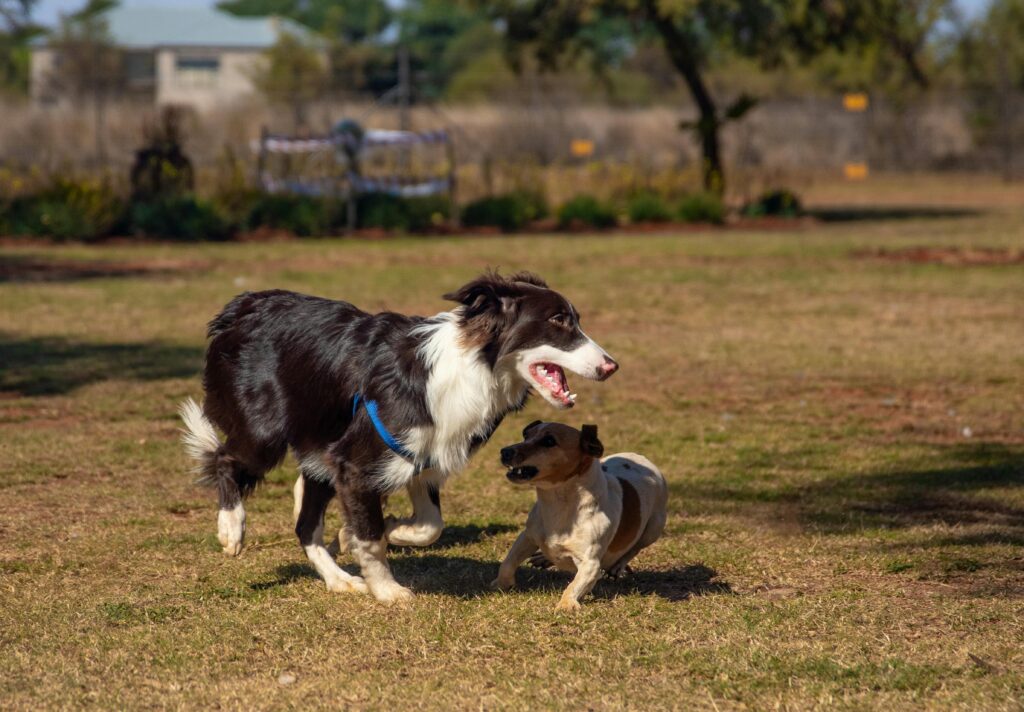
The idea that female dogs judge human competence more than males is supported by careful observation of behavior, not just anecdote. While the term “judge” may oversimplify the cognitive process, it reflects an important discovery: female dogs are capable of social evaluation based on third-party observation. This insight deepens our understanding of canine intelligence and encourages more tailored, respectful relationships with our pets. By acknowledging these differences, we can become better companions to the animals who share our lives.
Disclaimer: This article was created with AI assistance and edited by a human for accuracy and clarity.
Disclaimer: This information is not intended to be a substitute for professional medical advice, diagnosis or treatment and is for information only. Always seek the advice of your physician or another qualified health provider with any questions about your medical condition and/or current medication. Do not disregard professional medical advice or delay seeking advice or treatment because of something you have read here.
